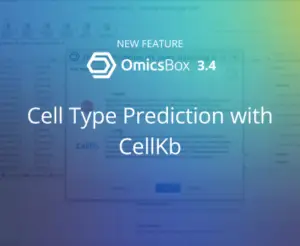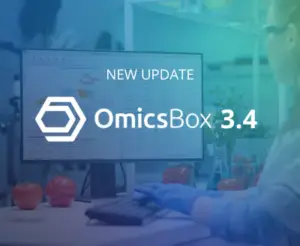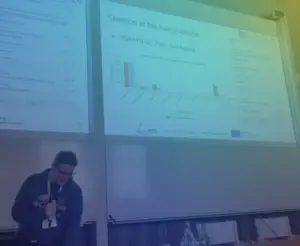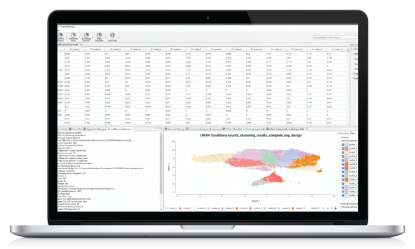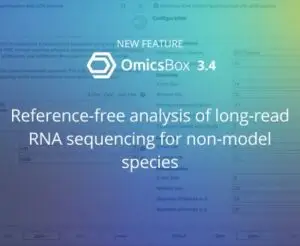
Reference-free analysis of long-read RNA sequencing for non-model species
With improvements in accuracy and steadily decreasing costs, long-read sequencing technologies, such as the platforms provided by Pacific Biosciences (PacBio) and Oxford Nanopore Technologies (ONT), have revolutionized the field of transcriptomics in recent years. Compared to short-read sequencing, which requires RNA fragmentation, long-read sequencing technologies can sequence RNA molecules in their entirety. This allows researchers to study the transcriptome


